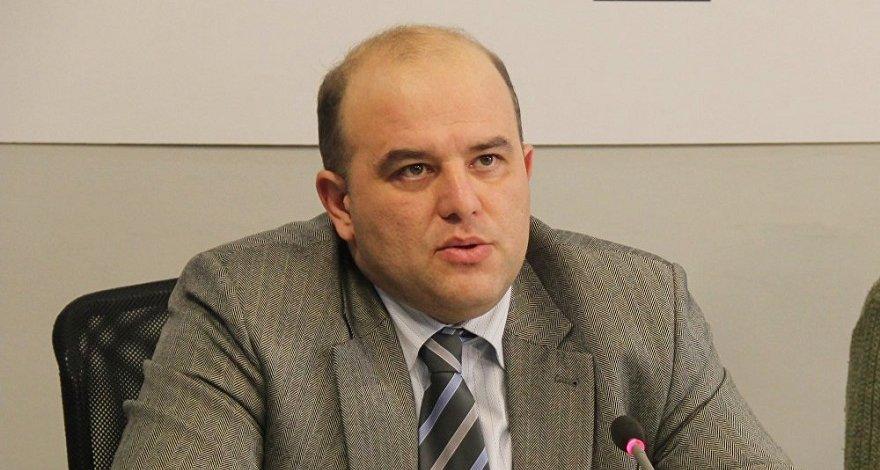West’s overreaction suggests Georgia targeted as strategic pawn Experts predict tumultuous autumn
As Georgia's parliamentary elections on October 26 approach, there is growing speculation about potential disruptions and external pressures. Tbilisi is bracing for possible interventions, primarily from the West, which may attempt to interfere with or discredit the elections if the ruling Georgian Dream party emerges victorious. Russia's Foreign Intelligence Service has already flagged concerns about a possible "colour revolution" orchestrated by the United States in Georgia. Mamuka Mdinaradze, the executive secretary of the Georgian Dream party, anticipates heightened external influence in the lead-up to the elections, warning that "war party" factions may seek to manipulate the electoral process.
What are Georgian political analysts saying about this?

Doctor of Military and Political Sciences, Professor Vakhtang Maisaya, suggests that Western pressure on the forthcoming elections in Georgia is quite likely, with a noticeable uptick in the activities of pro-Atlantic forces. In an interview with Caliber.Az, he highlighted the recent arrival of a foreign delegation from the McCain Institute in Georgia.
“They have clearly arrived in the country for a reason. However, these are not forces that can destabilize the political climate in Georgia because they have too small a spectrum of influence. They mainly cooperate with a number of opposition politicians from the camp of Mikheil Saakashvili's party, who do not enjoy sufficient authority and respect in Georgia. In this case, the West made a wrong bet on unpopular politicians,” the political scientist commented.
Maisaya also pointed out that this is merely one facet of the Western opposition to Georgia's current trajectory. Another group of adversaries includes politicians from EU and US government structures and diplomatic agencies, who are expected to exert pressure on Georgia through official channels before and during the elections.
“Their instruments of influence are more legitimate, involving sanctions and prominent political statements, which, in all likelihood, authoritative Western politicians will issue regarding various contenders. These contenders are either already known or will be artificially created.
Regarding the so-called ‘hawks’ of the West, who are focused on orchestrating ‘colour revolutions,’ their involvement is anticipated. They are arriving in Georgia to establish coordination with local ‘patriots,’ who have been collaborating with them for some time. Nevertheless, Georgia has been somewhat fortunate this time around, as the hawks are aligning with politicians who lack respect and influence within the country, meaning only a small minority might heed their call,” concluded the political scientist.

Georgian political analyst Teimuraz Garishvili anticipates a turbulent autumn for Georgia, suggesting that the West may soon unleash significant pressure on the country.
“I believe that, like Zeus from Olympus, the West will soon direct its full fury at Georgia. We can expect new sanctions and a barrage of unfounded accusations aimed at instilling fear and a sense of helplessness among the Georgian people. Many Georgians have relied on foreign NGOs for their livelihood, and now their jobs are at risk. The West may terminate contracts with these NGOs, citing Georgian legislation as a pretext. This approach, in my view, is a tactic of Western pressure. Those who lose their jobs might develop a stronger resentment toward the Georgian government, believing it is responsible for their unemployment. Many foreign forces are counting on this strategy to stir up anti-government sentiments. It’s a form of dirty manipulation, but we are prepared for it. However, it could also backfire, leading those who lose their income to realize they are being exploited by the West for its own ends," he said.
"The extent of anti-Georgian measures already taken by the West is striking, highlighting the depth of frustration in Washington and Brussels towards Tbilisi. An increasing number of Georgians are coming to believe that this hysteria is a sign that Georgia was intended to serve specific purposes, including a conflict with Russia, but those plans have failed. Tbilisi may seek retribution for this. Consequently, Georgians are bracing for October, ready for any surprises that may arise,” Garishvili concluded.








